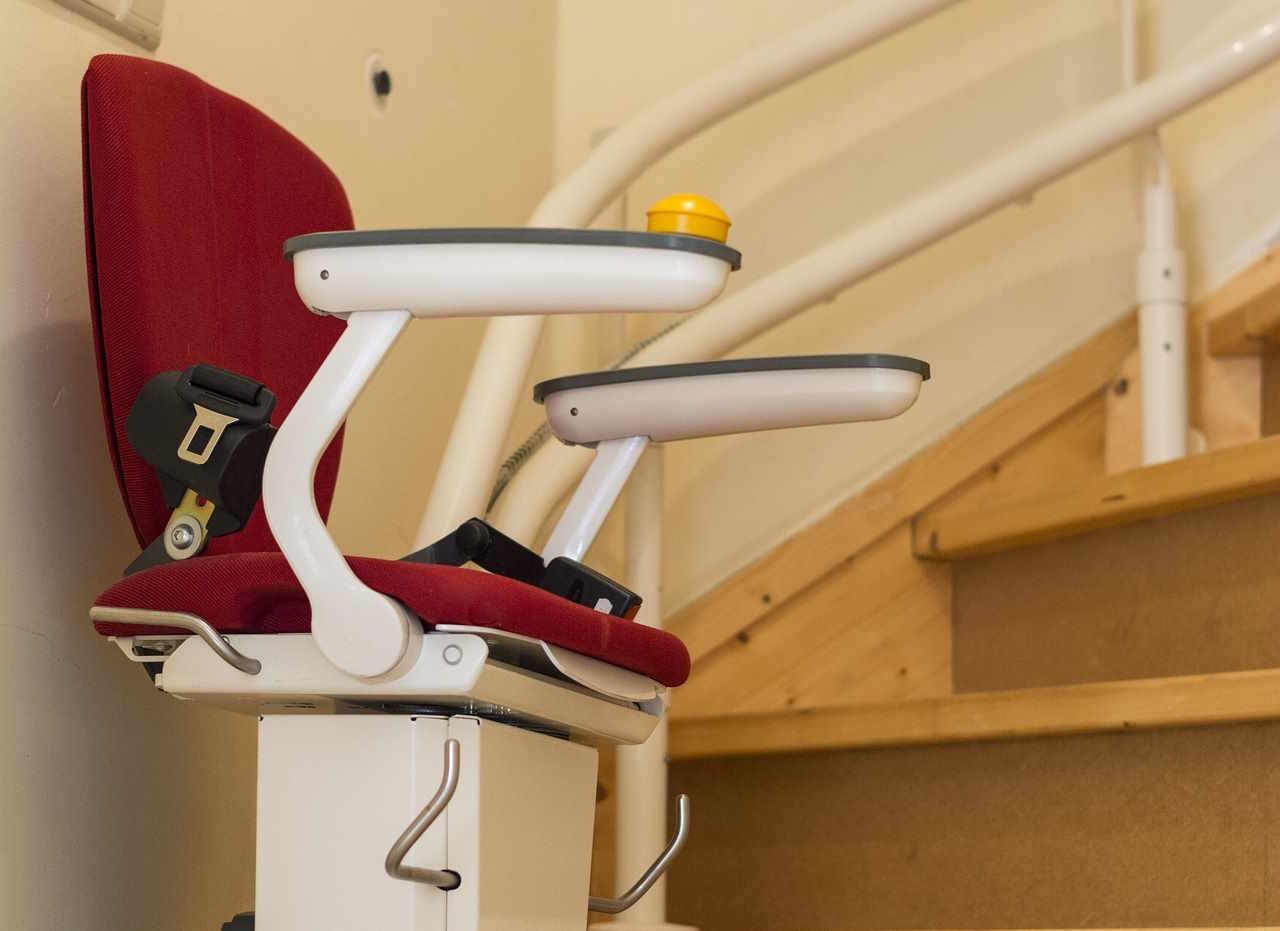The Emergence of Slow Living: A Societal Shift Towards Mindfulness
"Slow living" is a concept that has been gaining traction in recent years. A counter-response to the fast-paced, technologically-driven society we're accustomed to, slow living encourages a measured, mindful, and deliberate approach to everyday life. Read below to delve deeper into this emerging cultural trend and its sociological implications.

The Genesis of Slow Living
The origins of slow living trace back to the ‘slow food’ movement of the 1980s in Italy. As a reaction against the proliferation of fast-food chains, this movement advocated the pleasures of traditional, home-cooked meals savored in good company. Over time, this philosophy expanded beyond the realm of food, encapsulating a holistic, slower approach to life. It’s a shift away from the relentless pursuit of productivity and a step towards appreciating the present moment.
The Societal Context: Fast Living and Its Discontents
The rise of slow living can be partly attributed to the dissatisfaction with our fast-paced modern society. The advancement of technology, while bringing countless conveniences, has fostered a culture of constant connectivity and instant gratification. This relentless pace can lead to stress, burnout, and a diminished quality of life. Slow living emerges as an antidote to this frantic rhythm, promoting a healthier and more balanced lifestyle.
Slow Living in the Contemporary Culture
Today, slow living translates into various cultural practices. From slow travel that advocates immersive, local experiences over rushed sightseeing, to slow fashion that values quality and sustainability over fast, disposable trends. These practices reflect a growing societal desire to step back, reconsider our priorities, and align our actions with our values.
The Societal Impact and Significance of Slow Living
The slow living movement carries profound implications for society. It challenges the dominant narrative of ‘more is better’ and invites a reevaluation of what constitutes a successful and fulfilling life. This shift towards mindful consumption could also have positive environmental implications, as it encourages sustainability over unbridled consumerism.
The Future of Slow Living
While it’s difficult to predict with certainty, the slow living trend seems poised to shape our societal landscape in significant ways. As people seek meaningful connections, sustainable practices, and a healthier work-life balance, slow living principles could increasingly inform our decisions and lifestyle choices.
In conclusion, slow living represents much more than a fleeting trend. It’s a cultural shift, a societal response to the fast-paced, high-pressure environment of modern life. As we move forward, this mindful approach to living could be the key to fostering personal wellbeing, societal harmony, and environmental sustainability.




